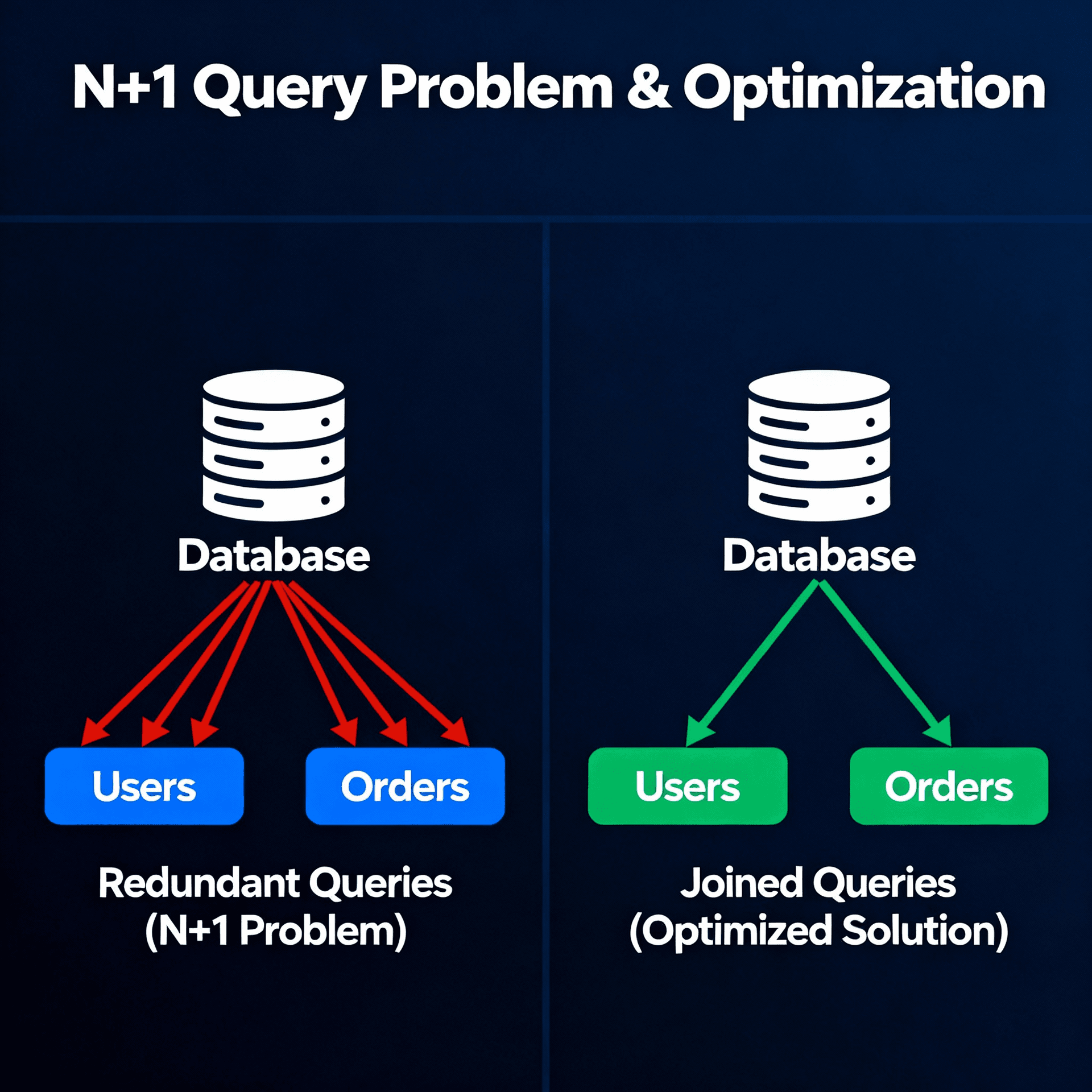The Phychology of Money
1. The Psychology of Money
- Financial success is more about behavior than intelligence
- Our experiences shape our approach to money
- Be careful who you praise, admire, or look down upon
2. Wealth and Rich
- Wealth is hidden; it's income not spent
- Rich is current income; wealth is financial options
- The highest form of wealth is the ability to wake up and say, "I can do whatever I want today"
3. Savings and Frugality
- Savings rate matters more than investment returns
- Humility can increase your savings rate
- Save without a specific reason; it hedges against life's surprises
4. Investing Principles
- Compounding is powerful; time is the most important factor
- Be reasonable rather than purely rational
- Have room for error in your financial plan
- Focus on your own financial game, not others'
5. Risk and Luck
- Luck and risk are siblings; both impact financial outcomes
- It's hard to recognize the role of luck in success
- Plan on your plan not going according to plan
6. Optimism vs. Pessimism
- Optimism is a belief that odds of a good outcome are in your favor over time
- Pessimism sounds smarter and more plausible than optimism
- Progress happens too slowly to notice; setbacks happen too quickly to ignore
7. Financial Independence
- Use money to gain control over your time
- Independence removes social pressure and provides peace of mind
- Define the cost of success and be willing to pay it
8. Lifestyle and Happiness
- Happiness is relative to your own expectations
- Respect for the mess: there's no single right answer in finance
- Be nicer and less flashy; kindness and humility earn more respect than possessions
9. Historical Context
- Post-WWII economic boom shaped many financial expectations
- Economic shifts have led to increased inequality
- Understanding history helps contextualize current financial trends
10. Personal Finance Tips
- Manage money in a way that helps you sleep at night
- Increase your time horizon to do better as an investor
- Accept that many investments won't work out; focus on your full portfolio
- Avoid extreme financial decisions
- Define your own financial game and don't be influenced by others playing a different game



